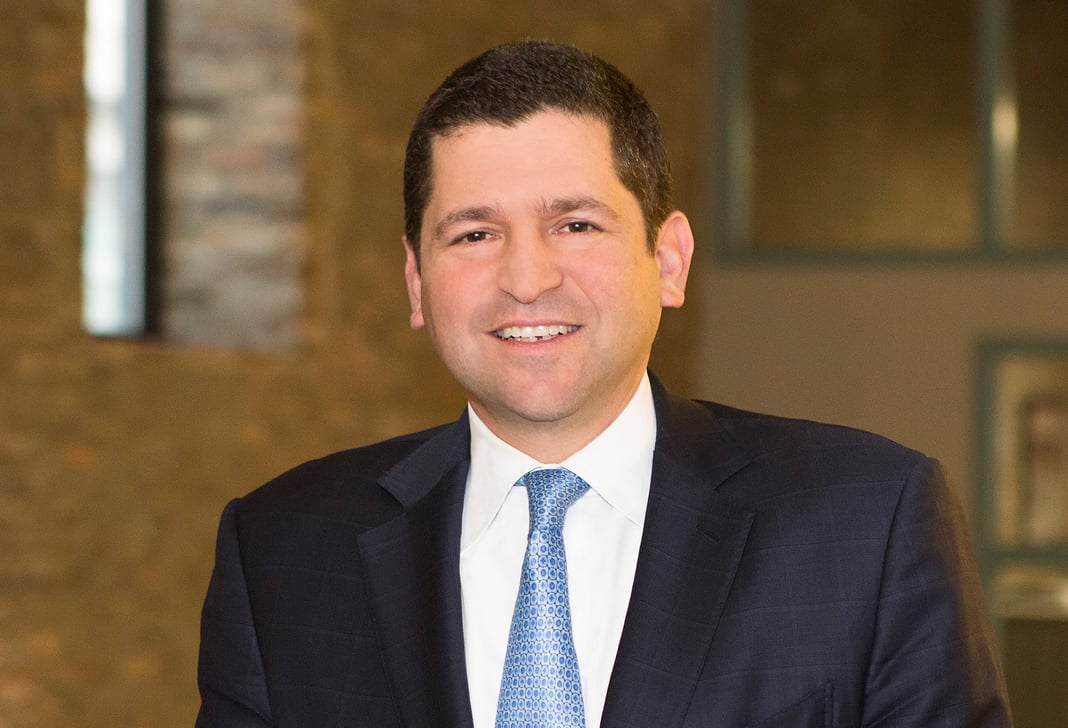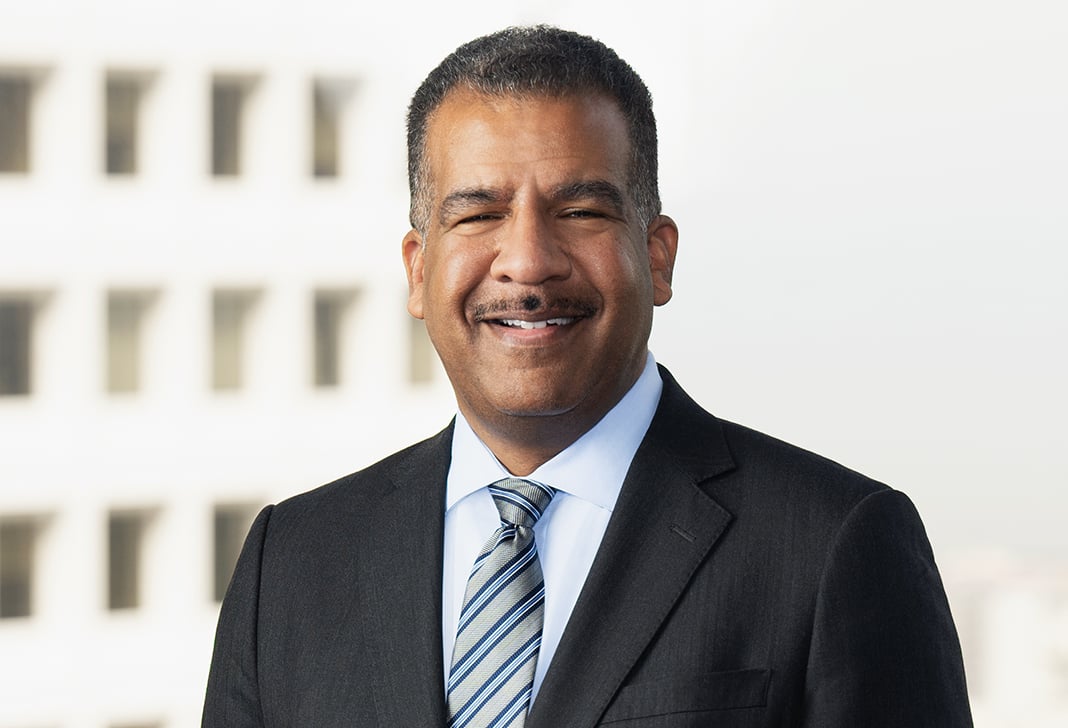
Supreme Court Upholds Representative Action Waivers In Employee Arbitration Agreements
In Short
The Situation: In 2014, the California Supreme Court ruled in Iskanian v. CLS Transp. Los Angeles, LLC that employers could not enforce agreements to individually arbitrate claims brought pursuant to California's Private Attorneys General Act ("PAGA"). Instead, employers were forced to choose between arbitrating representative PAGA actions or foregoing arbitration altogether. Most employers chose to forego arbitration given the high stakes involved in representative PAGA actions and the procedural limitations of arbitration.
The Result: On June 15, 2022, the U.S. Supreme Court decided Viking River Cruises, Inc. v. Moriana, which overturned Iskanian's holding that individual PAGA claims could not be separated from representative PAGA claims for purposes of arbitration. As a result, California employers and employees can now adopt enforceable representative action waivers requiring individual claims pursuant to PAGA to be submitted to arbitration. Where such an agreement is enforced, an employee should lose standing to maintain an action for representative PAGA claims in court.
Looking Ahead: Viking River offers employers the opportunity to lessen the prospect of expansive liability that often accompanies PAGA lawsuits. Employers should review their arbitration agreements and their pending PAGA litigation to evaluate the impact of the decision. Employers should also monitor the Ninth Circuit's forthcoming en banc decision in Chamber of Commerce of the United States of America, et al. v. Bonta, et al., No. 20-15291, --- F.4th --- (Sept. 15, 2021), where the Ninth Circuit will address whether California Labor Code Section 432.6, which prohibits employers from conditioning employment on the signing of an arbitration agreement, is preempted by the Federal Arbitration Act ("FAA").
Case Overview
On June 15, 2022, the United States Supreme Court issued its decision in Viking River Cruises, Inc. v. Moriana, No. 20-1573. The Court held that the rule from Iskanian v. CLS Transportation Los Angeles, LLC, 59 Cal. 4th 348 (2014) ("Iskanian"), which invalidated agreements to arbitrate employees' individual PAGA claims, is preempted by the FAA. The Court further concluded that where an agreement to arbitrate an individual PAGA claim is enforced, a plaintiff employee's remaining representative PAGA claims should be dismissed for lack of standing. The Court's opinion, authored by Justice Alito, provides California employers with a new path to avoid broad, expensive PAGA lawsuits, wherein an employee can advance claims for violations of the California Labor Code on behalf of all "aggrieved employees" in California.
The case arose out of a dispute between Viking River Cruises and a former employee, Angie Moriana. When she was hired, Moriana agreed to submit any dispute arising out of her employment to arbitration, and agreed not to bring those disputes as a class, collective, or representative PAGA action. Nonetheless, after Moriana left her employment, she filed a PAGA representative action against Viking in California court. Moriana pressed claims for an alleged Labor Code violation that affected her (failure to timely pay wages upon termination of employment), and for violations allegedly sustained by other Viking employees (including alleged violations concerning minimum wage, overtime, meal periods, rest periods, timing of pay, and pay statements). Viking moved to compel arbitration of Moriana's individual PAGA claim relating to her own alleged injury and to dismiss her remaining PAGA claims. Applying Iskanian's rules that (i) wholesale waivers of PAGA actions are invalid, and (ii) PAGA actions cannot be split into arbitrable individual claims and nonarbitrable representative claims, the trial court and California Court of Appeal allowed Moriana's PAGA action to proceed in court. Viking then filed a petition for certiorari, contending that the state courts' decisions were incompatible with Epic Systems Corp. v. Lewis, 138 S. Ct 1612 (2018) ("Epic"), and AT&T Mobility LLC v. Concepcion, 563 U.S. 333 (2011) ("Concepcion").
By way of background, in Concepcion, the Supreme Court held that the FAA preempts state-law prohibitions on waivers of class arbitration. In Epic, the Court later underscored the FAA's policy favoring enforcement of class and collective action waivers, notwithstanding potential contrary interests promoted by other federal statutes. California plaintiffs and their counsel, however, have increasingly used Iskanian to evade arbitration agreements and to pursue PAGA representative actions in court. Despite the presence of class and representative action waivers in their arbitration agreements, California employers regularly find themselves in court facing expensive PAGA lawsuits that implicate statewide exposure.
Not so anymore. In Viking River Cruises, the Supreme Court reiterated that arbitration is a matter of consent, and that the FAA protects parties from being coerced to arbitrate more claims than they agreed to. States therefore cannot condition enforcement of arbitration agreements on the availability of "procedural mechanism[s]" that would force the arbitration of "claims that the parties did not jointly agree to arbitrate." PAGA actions, the Court explained, are made up of two kinds of claims: "individual" claims premised on Labor Code violations actually sustained by the plaintiff, and "non-individual" claims arising out of events involving other employees. Under Iskanian, parties could not agree to arbitrate only their individual PAGA claims; instead, under Iskanian parties are required to either arbitrate their representative PAGA claims as well, or have their PAGA claims withheld from arbitration entirely. That rule, the Viking River court explained, is akin to an "expansive rule of joinder" and defeats "the ability of parties to control which claims are subject to arbitration." The Court thus held that the FAA preempts the rule of Iskanian "insofar as it precludes division of PAGA actions into individual and non-individual claims through an agreement to arbitrate."
The Court went on to conclude that Moriana's representative PAGA claims should be dismissed. PAGA, the Court explained, grants a plaintiff standing to pursue representative claims only where she maintains an individual claim in the same proceeding. Since Moriana's individual PAGA claim was properly the subject of arbitration, she was no different from a member of the general public with no statutory right to advance representative PAGA claims. The Court therefore reversed the judgment of the California Court of Appeal and remanded for further proceedings.
The Viking River decision will likely raise new issues for PAGA litigants. As suggested by Justice Sotomayor's concurrence, the California legislature may seek to modify PAGA's standing requirements to permit adjudication of representative claims in court even when individual claims must be brought in arbitration. In addition, still lurking is California Labor Code Section 432.6, which prohibits employers from conditioning employment on a prospective employee signing an arbitration agreement. Chief Judge Kimberly Mueller of the U.S. District Court for the Eastern District of California previously enjoined enforcement of Section 432.6, finding it was likely preempted by the FAA. But on appeal in the case of Chamber of Commerce of the United States of America, et al. v. Bonta, et al., No. 20-15291, --- F.4th --- (Sept. 15, 2021), a split panel of the Ninth Circuit overturned that ruling and upheld the law. The decision is pending en banc review at the Ninth Circuit, which was stayed pending the outcome of Viking River.
Three Key Takeaways
- Employers can now enforce representative action waivers that require individual PAGA claims to be arbitrated. Employers should carefully review their arbitration agreements to ensure that they include proper language to this effect. Employers without arbitration programs should evaluate whether an arbitration program with a class/representative action waiver is desirable, weighing the risk of mass arbitrations.
- Employers should review and evaluate pending PAGA actions against the rulings of Viking River. Similarly, in future PAGA actions, based on the Supreme Court's rejection of the Iskanian rules, employers can move simultaneously to enforce arbitration of the employee's individual PAGA claim and to dismiss the employee's representative PAGA claims.
- Employers should monitor the Ninth Circuit's forthcoming en banc decision in Bonta, which was stayed pending Viking River. The Ninth Circuit will determine whether Section 432.6, which prohibits employers from conditioning employment on signing an arbitration agreement, is preempted by the FAA in light of the Supreme Court's decision.












